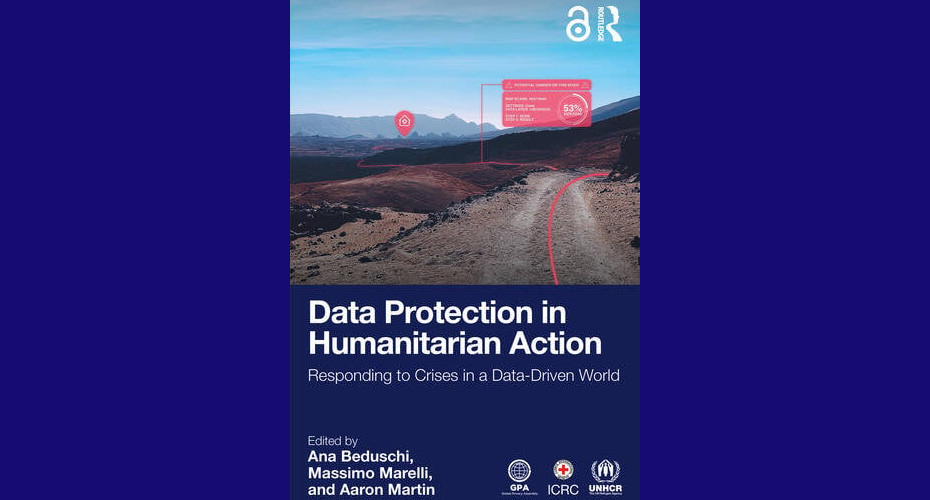Data Protection is transforming humanitarian action in the digital age, new book shows

Edited by Ana Beduschi, Massimo Marelli, and Aaron Martin, the book marks the 10th anniversary of the International Committee of the Red Cross (ICRC) and the UN High Commissioner for Refugees (UNHCR) data protection regulatory frameworks
Humanitarian organisations must go beyond reactive compliance to data protection laws if they are to continue using technology in a principled, safe, and trusted way in the digital age, experts have said.
The sector must share knowledge and best practices for protecting the data of affected populations and shape the technologies it uses as they become central to the way aid is delivered around the world.
In a new book, the experts highlight the risk of “scope creep”, where technologies initially created for emergency relief can be repurposed or used for other aims, potentially undermining humanitarian mandates.
They outline how humanitarian organisations must navigate a complex network of data processing operations, potentially involving third parties such as cloud service providers, financial institutions, telecommunications companies, and governmental regulators.
Data Protection in Humanitarian Action: Responding to Crises in a Data-Driven World brings together leading experts, policymakers, and field practitioners to explore one of the most pressing challenges of our time: how to safeguard the dignity and rights of people in crisis while harnessing the power of data.
Edited by Ana Beduschi, Massimo Marelli, and Aaron Martin, the book marks the 10th anniversary of the International Committee of the Red Cross (ICRC) and the UN High Commissioner for Refugees (UNHCR) data protection regulatory frameworks, as well as the Global Privacy Assembly (GPA) Resolution on Privacy and International Humanitarian Action.
The book traces how data protection has evolved from a compliance issue into a core enabler of principled humanitarian action, ensuring that neutrality, impartiality, and independence are maintained in a world of complex data flows and surveillance risks.
Massimo Marelli, co-editor and Head of the Data Protection Office at the ICRC, said: “This book comes at a critical moment. As humanitarian organisations increasingly rely on digital tools to deliver aid and protection, it is essential to ensure that data protection, which is about ensuring the respect of the rights and dignity of affected populations, remains at the heart of humanitarian action.”
Co-editor Professor Martin, from the University of Virginia, said: “By bridging theory and practice, this publication reminds us that safeguarding dignity, trust, and accountability remains central as we navigate the complexities of digital transformation and prepare for the challenges ahead.”
As humanitarian organisations increasingly rely on digital tools, the different chapters in the volume argue that strong data protection frameworks are essential to preserving trust between aid agencies and the communities they serve. Authors share insights into the sector’s preparedness for technological and regulatory change. They also highlight the growing need for collaboration between humanitarian actors, academic institutions, data protection regulators, the private technology sector, and affected populations to ensure that technology serves humanity, not the other way around.
The book is available from Routledge as open access. It is an essential resource for policymakers, researchers, and anyone interested in the intersection of technology, data protection, and humanitarian practice.



